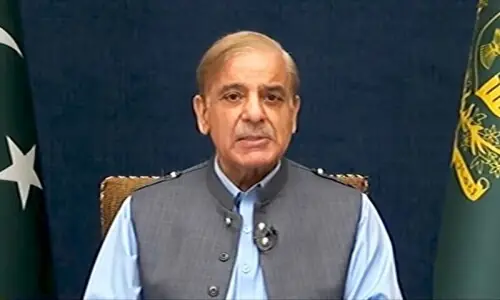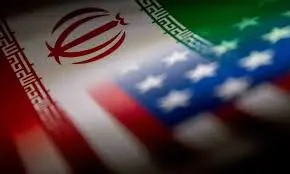Recently, in a country that is decidedly not France, a Muslim man has been sentenced to six years in prison for keeping a beard.
I daresay it’s time we have a polite talk about Islamophobia with our good neighbor in the north.
In the Muslim dominant region of Xinjiang, the 38-year-old man was handed the punishment by the Chinese court. In addition, his wife has been sentenced to two years of imprisonment for wearing an Islamic veil.
Ironically, this took place in Kashgar: the city romanticised in Iqbal’s poetry as one end of the unbreachable Muslim flank guarding the sacred ‘Haram’.
The couple was pronounced guilty of “picking quarrels and provoking trouble”, which is basically my job description as a blogger.
The charge is so absurdly vague and ambiguous; it may as well be Mandarin for “not liking one’s face”. Which is indeed what it sounds like, if one follows the trail of violent suppression of the Uighur populace through history, marked with arbitrary arrests and baffling restrictions.
In July last year, the government forbade Xinjiang officials to fast in the month of Ramazan, and initiated a robust campaign discouraging native women from wearing veil. In Urmaqi, bus passengers were banned from carrying a wide range of common household items, including yoghurt.
The restrictions, each a flagrant assault on the Uighur people’s cultural values, are justified by the most valuable excuse available to us in the post-9/11 universe: ‘security’.
These increasingly despotic measures are being adopted under the doctrine that counter-terrorism definitively trumps individual liberty, although I’m personally having a hard time figuring out how to weaponise yoghurt and facial hair.
Also read: Chinese anti-veil 'beauty' campaign sows ugly tensions
I’d reach out and ask the exceptionally inventive Muslims of Uighur, had the Chinese government not dismantled the internet in that region almost to its entirety.
One may be forgiven for asking at this point, if there is a giant portrait of Mao Zedong hanging reverently somewhere in the upper offices of Pakistan Telecommunication Authority (PTA).
These ‘whimsical’ freedom violations barely make up the prologue of a book on Chinese aggression against the Muslims of Xinjiang.
Between 1964 and 1996, China conducted more than 40 poorly-controlled, nuclear tests in Xinjiang. An expert who studied radiation effects from tests by the US, France, and former Soviet Union, calculated that as many as 194,000 people may have died from acute radiation poisoning, among a whopping 1.2 million people who received doses high enough to induce cancer and gross fetal abnormalities.
These are the “conservative estimates” of the damage caused in three decades.
If this form of aggression appears too indirect and impersonal, it should be viewed in context of decades of arbitrary arrests, executions and reports of heinous torture.
The government has been accused of promoting a Hans mass migration to Xinjiang to dilute the natives’ proportion from 90 per cent of the population in 1949, to almost 45 per cent today.
The regime now “manufactures consent” (weirdly, a Chomskian term usually reserved for Western imperialists) of its people for these extreme measures against the Muslims of Xinjiang, by citing ‘Islamic terrorism’ against the Hans in the province.
Also read: Breaking up with China?
Ultimately, the Chinese government’s greatest feat is to have its President sit beamingly in the same room as the Prime Minister of the Islamic Republic of Pakistan, without ‘Uighur’ creeping into conversation.
More impressive still, is the capacity of the Pakistani political leaders, touting Islamic unity and decrying the oppression of Muslims wherever they may be, to ignore the Islamophobia raging in its most favoured state.
But that’s realpolitik. I’m more curious about how this information would be processed by an average Pakistani social media user, incensed by the anti-Muslim bigotry across Europe.
At the end, I suppose I’m just hoping we’d all get to hear our Prime Minister’s next passionate speech on Sino-Pak friendship over the sound of the invisible elephant blaring in the room.
Related:































